
The neurologist at the Mellen Center for MS Treatment and Research at Cleveland Clinic spoke to the wide variety of clinical benefits observed with ofatumumab treatment and how it fits into the MS care landscape.

The neurologist at the Mellen Center for MS Treatment and Research at Cleveland Clinic spoke to the wide variety of clinical benefits observed with ofatumumab treatment and how it fits into the MS care landscape.

Novartis’s S1P receptor modulator siponimod (Mayzent) showed benefits in a number of patients with SPMS on the Motor Integration and Collateral subscales of the Expanded Disability Status Scale.
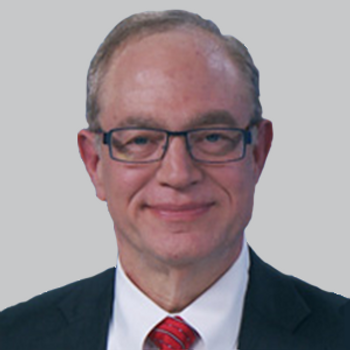
The FDA-approved migraine therapy lasmiditan showed long-term efficacy and had similar change in Migraine Disability Assessment total score in both 100-mg and 200-mg doses.
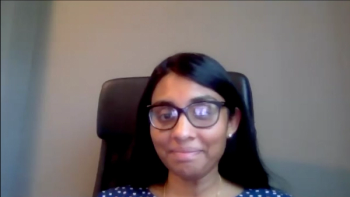
The assistant professor of neurology at the University of Washington in St. Louis discussed a study she and colleagues conducted which revealed significant differences between practitioners in diagnosing cerebral palsy.

Allergan’s oral CGRP antagonist showed a higher likelihood of freedom from pain and associated symptoms during mild headaches for patients with migraine compared to attacks of moderate to severe severity.
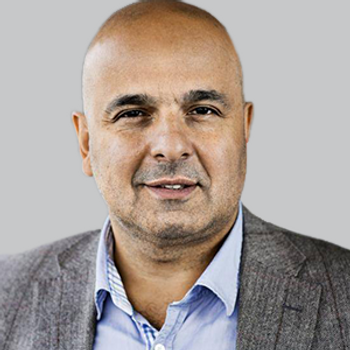
The anti-CGRP agent showed sustained benefit in reducing migraine frequency as well as good safety over 4 or more years of treatment in a cohort of more than 200 patients.

The neurologist at the Mellen Center for MS Treatment and Research at Cleveland Clinic discussed the findings of a new pooled-data analysis of ofatumumab from the phase 3 ASCLEPIOS I and II trials.
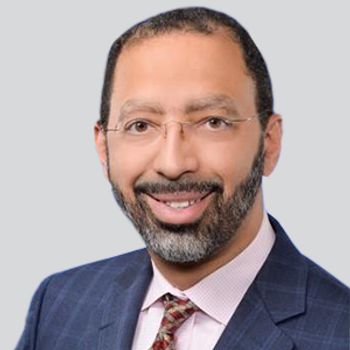
In addition to increased motor milestone achievement, the safety profile of risdiplam was consistent with that observed in previous studies, with no new safety signals identified.
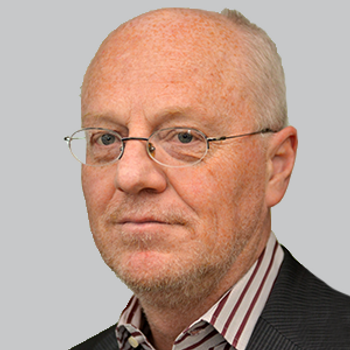
These data on the preventive migraine treatment confirmed findings from previous studies, with eptinezumab not only reducing total migraine days, but elongating the duration of consecutive migraine-free days.
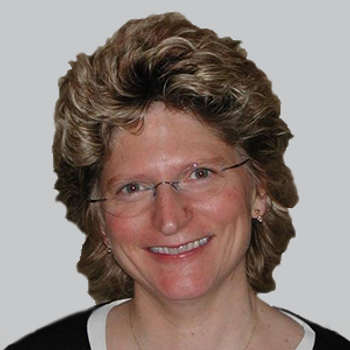
Treatment with CBD resulted in a significant number of patients with TSC reporting being “much” or “very much” improved on the Subject/Caregiver Global Impression of Change.
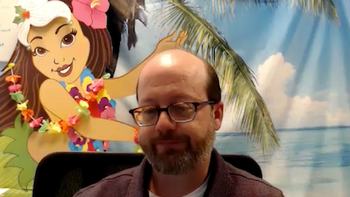
The co-director of the Jane and John Justin Neurosciences Center at Cook Children’s Hospital discussed his experience with Zogenix’s investigational Dravet syndrome treatment in clinical trials and in the Expanded Access Program.
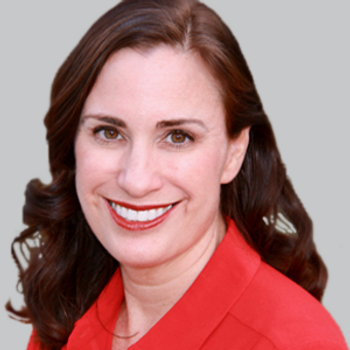
Data from the OVERCOME study of more than 20,000 respondents suggest that those whose acute migraine treatment was optimized according to the mTOQ had less disability and better quality of life.
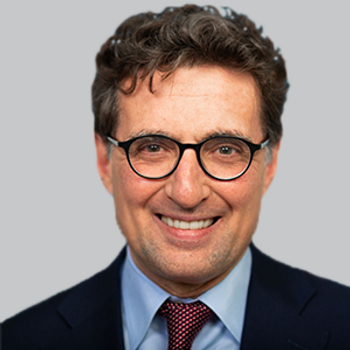
Ofatumumab, Novartis’s fully human anti-CD20 monoclonal antibody, demonstrated a reduction in the risk of 3- and 6-month confirmed disability progression compared to teriflunomide in relapsing multiple sclerosis.

The co-director of the Jane and John Justin Neurosciences Center at Cook Children’s Hospital discussed the real-world data collected from the Expanded Access Program for fenfluramine (Fintepla; Zogenix) in patients with Dravet syndrome.

Biohaven’s acute migraine treatment rimegepant showed numerically significant differences from placebo on pain relief, with benefit as early as 15 minutes postdose.

The initial report of the US Expanded Access Program for fenfluramine indicates that those with Dravet syndrome treated with fenfluramine (Fintepla; Zogenix) have clinically meaningful responses similar to that observed in clinical trials.

Data confirmed the prior results of the PROMISE-1 and PROMISE-2 studies, indicating the preventive effect on migraine with eptinezumab begins as early as day 1 post-infusion.
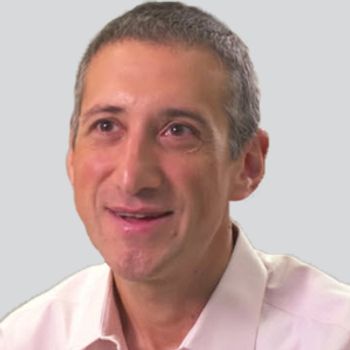
The drug's impact on neuroinflammation and neurodegeneration in the brain and spinal cord are currently being explored.

Five-year EXPAND study data suggest that Novartis’s S1P receptor modulator has sustained benefit and delays disability over long-term treatment in patients with SPMS.

The Novartis agent showed significant reduction of migraine days in both the real-world TELESCOPE and PERISCOPE studies in patients with migraine.

Researchers found multiple measure correlations between perampanel use and reductions in Insomnia Severity Index scores in those who had comorbid epilepsy and anxiety.
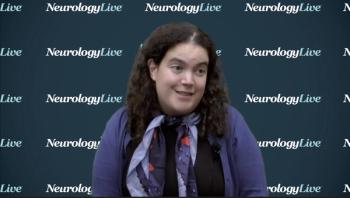
Mia Minen, MD, MPH, sat down for an interview to discuss why behavioral therapies could be an effective and easily accessible treatment for posttraumatic headaches following events like concussions.

At the 2019 American Academy of Neurology Conference, Mia Minen, MD, MPH took the time to sit down and discuss the behavioral therapies associated with treating migraine.

At the 2019 American Academy of Neurology Annual Meeting, Mia Minen, MD, MPH, discussed the opportunities that the increasing number of mobile health users presents for migraine treatment.
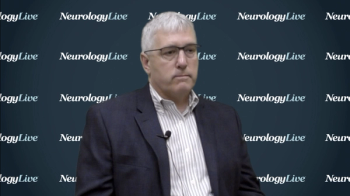
The director of the adult epilepsy center at Washington University in St. Louis discussed the takeaways for clinicians regarding the use of intranasal diazepam as a treatment for runs of seizures in patients with refractory epilepsy.
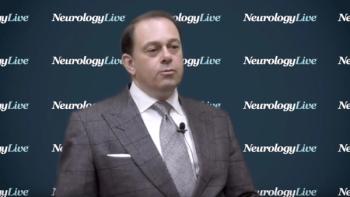
The clinical research director of the UCSF Multiple Sclerosis Center discusses recent data on siponimod and its impact on cognitive measures in patients with secondary progressive MS, as well as results of the 3-arm ASSESS study comparing low-dose fingolimod and glatiramer acetate.

The director of the adult epilepsy center at Washington University in St. Louis spoke about the use of diazepam nasal spray in patients with epilepsy ­and detailed the advantages it offers these patients and their physicians.
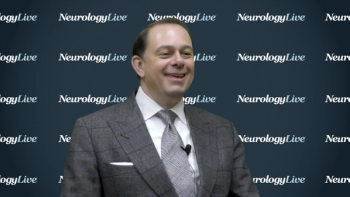
The clinical research director of the University of California, San Fransciso’s Multiple Sclerosis Center discussed the findings of a 230-patient study of inebilizumab versus placebo in NMOSD.
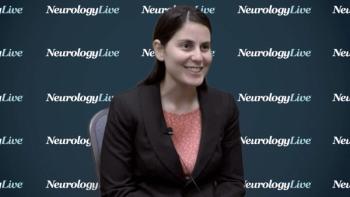
The child neurology resident at NYU Langone spoke about ways for residents to identify and address impaired colleagues that suffer from depression and burnout.
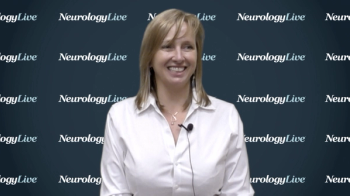
The regional lead in clinical and translational neuroscience at Kaiser Permanente discussed subgroup findings from a study of pregnancy in women with MS which suggested that breastfeeding in the postpartum period can drastically decrease the risk of disease relapse.